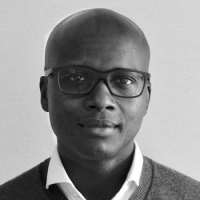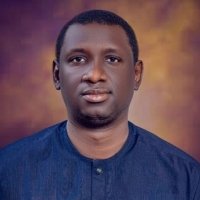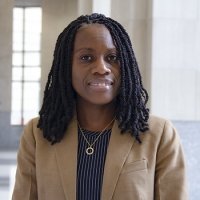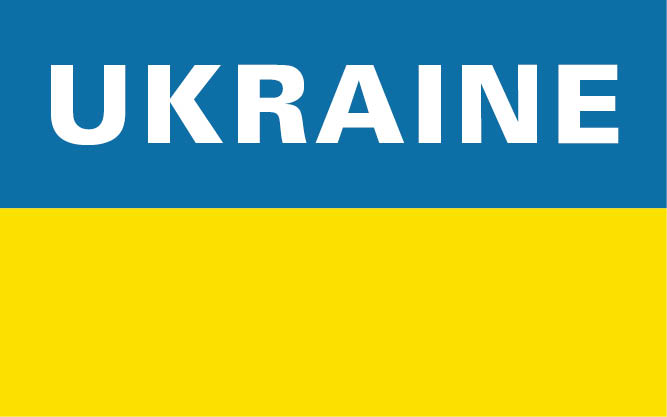Part 2 - Trendlines and Transformations in African Democratic Governance: Lessons for 21st-Century US-Africa Relations
Submit a question
Opening remarks were provided by Cyril Obi, Program Director of the African Peacebuilding Network and Next Generation Social Science in Africa program at the Social Science Research Council. Conversation with our four panelists followed, moderated by Africa Program Director Oge Onubogu.
Fonteh Akum, Executive Director of the Institute for Security Studies (ISS) Africa, reflected on Africa's role amidst a renewed rush from outside actors for partnerships and influence on the continent. He outlined four key areas of mutually beneficial engagement for the US to pursue with African countries going forward: security cooperation, democratic governance, economic development, and expanded African agency.
Joseph Siegle, Director for Research at the Africa Center for Strategic Studies, discussed how the incoming administration can effectively demonstrate to its African partners that it is a dependable democratic advocate and the preferred security partner amidst an increasingly crowded field. He stressed the need to tailor the US’ strategy to the specific and varied conditions in different regions of Africa rather than maintaining a broad, general outlook on Africa’s democracy and security environment.
Siphokazi Magadla, Associate Professor of International Studies at Rhodes University, addressed the mixed outcomes of last year’s elections in southern Africa and touched on more general democratic developments in recent years. She spoke of the erosion of democratic norms in eSwatini, Zimbabwe, South Africa, and Mozambique and urged the US to apply more pressure on regimes that move away from democratic principles.
Ibrahim Bangura, Associate Professor in the Department of Peace and Conflict Studies at Fourah Bay College, University of Sierra Leone, discussed the perception of democracy by many Africans as being elite-driven and disconnected from the concerns of everyday people. He identified the erosion of civil society, rule of law, and freedom of the press and assembly as having contributed to frustrations driving a wave of anti-democratic sentiment across the continent.
The panel discussion was followed by a Q and A with questions from the audience in-person and online.
Speakers





Moderator

Hosted By

Africa Program
The Africa Program works to address the most critical issues facing Africa and US-Africa relations, build mutually beneficial US-Africa relations, and enhance knowledge and understanding about Africa in the United States. The Program achieves its mission through in-depth research and analyses, public discussion, working groups, and briefings that bring together policymakers, practitioners, and subject matter experts to analyze and offer practical options for tackling key challenges in Africa and in US-Africa relations. Read more



